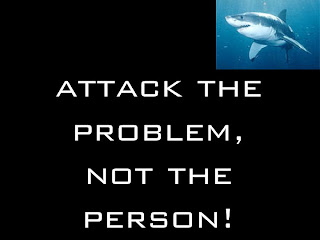
 Workers distracted by phone calls, emails, and text messages suffer a greater loss of IQ than a person smoking marijuana, according to a study involving over 80 clinical trials.
Workers distracted by phone calls, emails, and text messages suffer a greater loss of IQ than a person smoking marijuana, according to a study involving over 80 clinical trials.Is your time and attention controlled by technology or do you use technology to help you better manage your time and attention?
Study presented in http://edition.cnn.com/2005/WORLD/europe/04/22/text.iq/
photo source: digitphotos.com



















